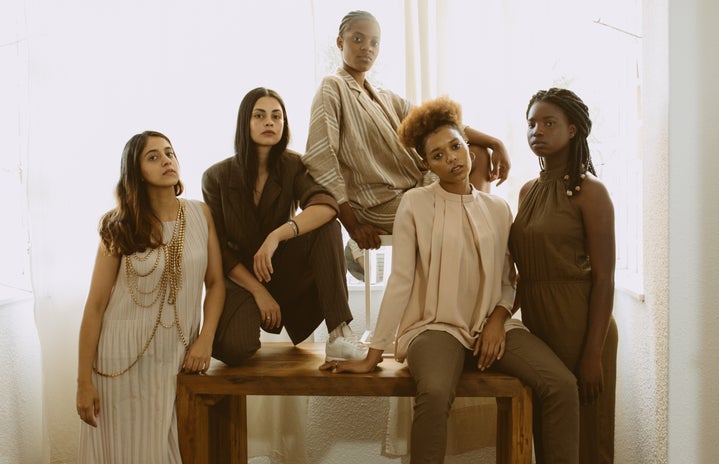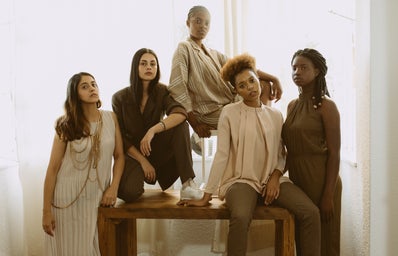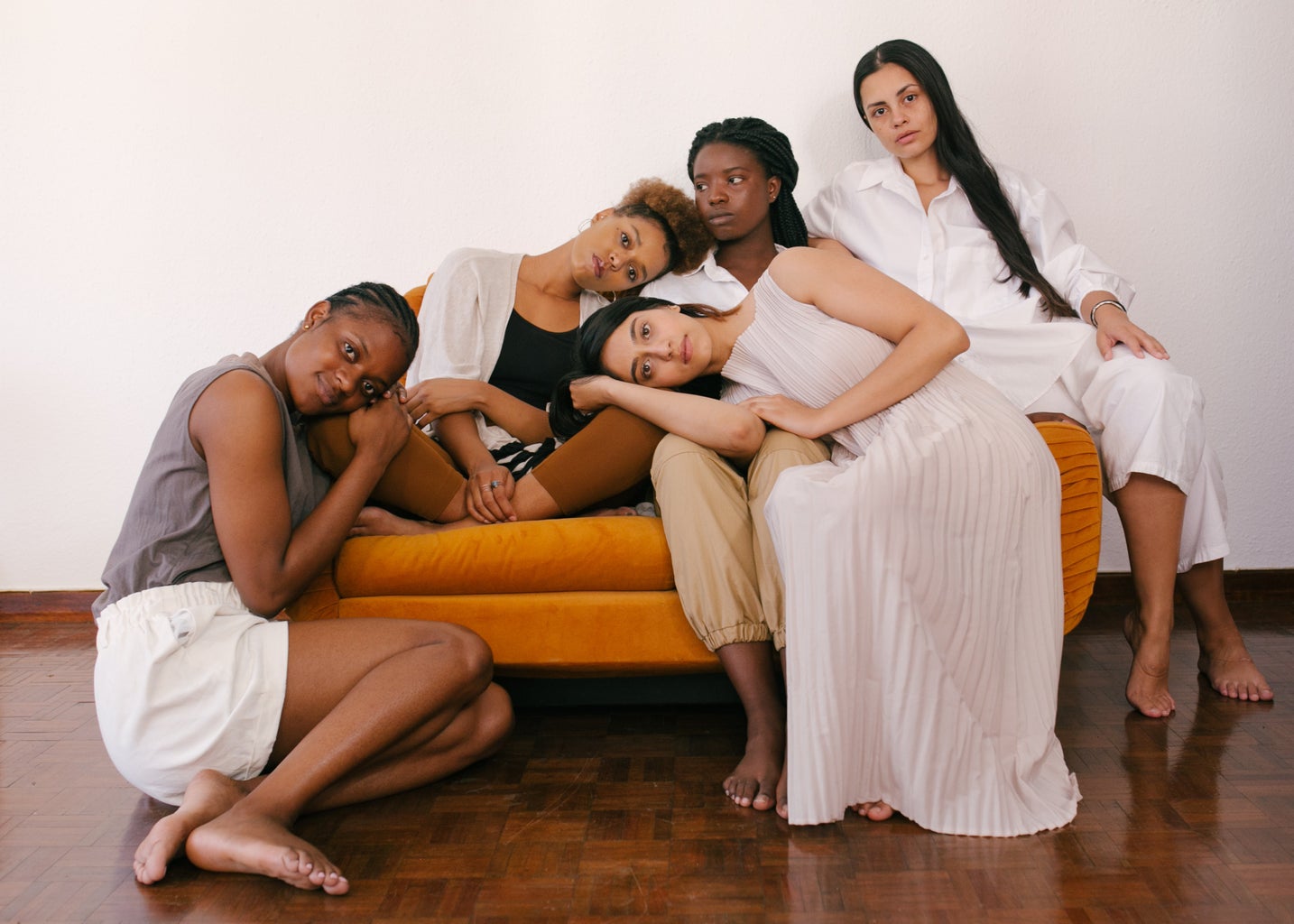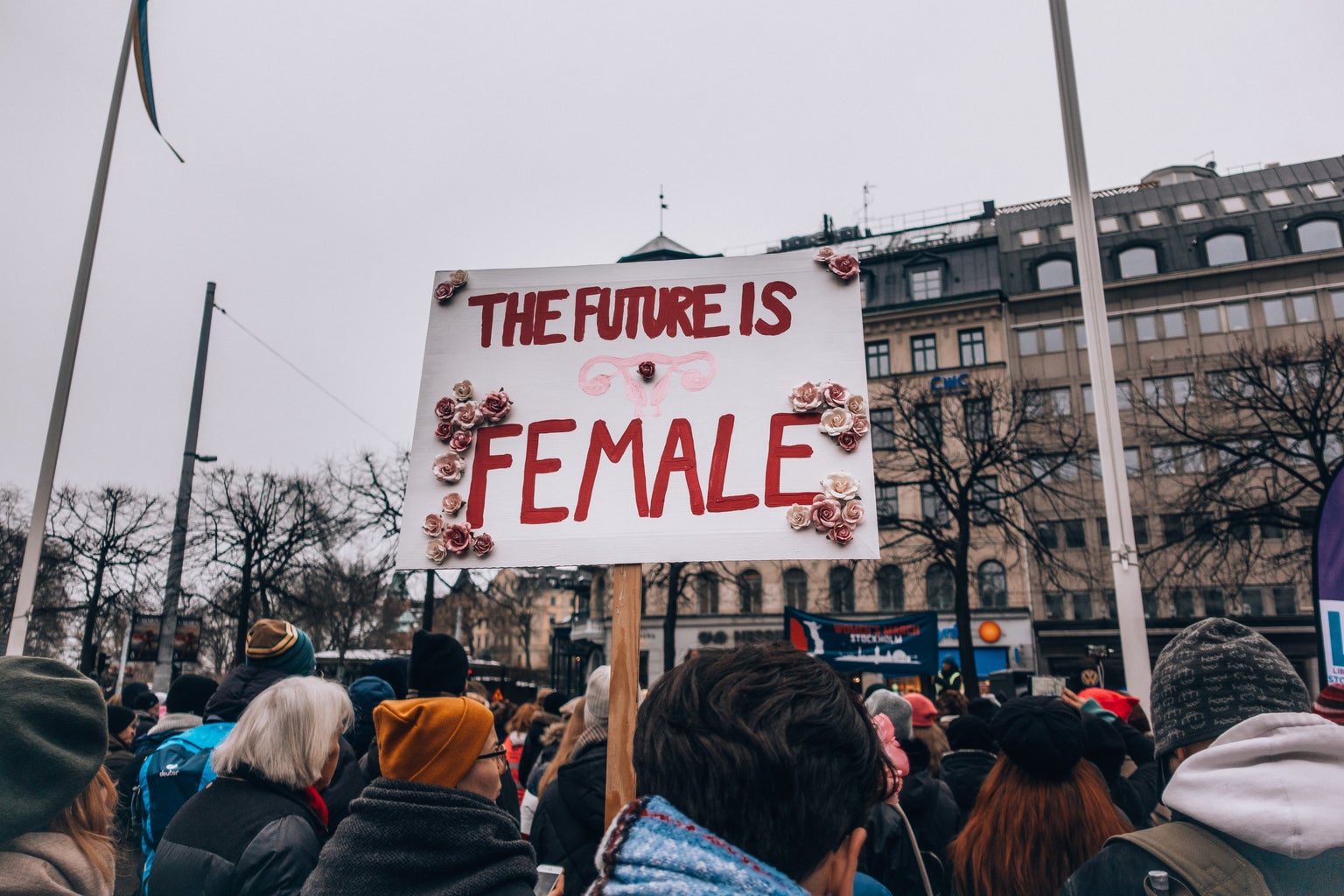Intersectional feminism or intersectionality, can be described as the overlapping of social injustices based on different aspects of our identity. These injustices include, but are not limited to; racism, sexism, homophobia, transphobia, ableism, and xenophobia. We live in a diverse society where we all have a multitude of aspects of our identities, each one being just as important as the next. How often do people tend to overlook parts of others’ identities? This neglection can be easily seen in the feminist politics of BIPOC.
In Kimberlé Crenshaw’s TED Talk titled The Urgency of Intersectionality, she speaks to her audience about black women, and more specifically the importance of both their race and gender to their identity. We have seen much in the past year about police brutality against black men, from George Floyd to Tamir Rice, but most have not heard the stories of so many black women that have come across these same exact injustices. Crenshaw states, “These women’s names have slipped through our consciousness because there are no frames for us to see them, no frames for us to remember them, no frames for us to hold them,”. This statement displays the notion that when we look at a person’s identity through a specific lens, only seeing one part of them (such as seeing only their race or only their gender), we cannot see how social problems impact all members of a targeted group. When these systems of injustice overlap, in this case sexism and racism, those that lie in the overlap are the most affected, yet go the most unseen. While we see black men and white women dealing with struggles due to race and gender, we tend to forget that black women are affected by both of these injustices. However, intersectionality does not end with black women. In The Brown Girl’s Guide to Labels, Mathangi Subramanian speaks of her own experiences in coming to terms with feminism, a word that had previously been geared towards white women. Subramanian really struggled with labeling herself as a feminist because the word had a much different definition for her white counterparts. When reading an essay by a brown feminist, Subramanian finds that, “She talked about how Western feminists fought for the right to work, while third world feminists acknowledged that women did most of the world’s work, and were therefore fighting for the right to rest,”. Though both of these subcategories of feminism in different ethnicities are important and work to fight sexism, Subramanian exhibits that the intersectionality of her identity is what makes hers and so many others’ situations different.
Fighting gender roles has played a large part in the life of Mai Kao Thao. In her essay, Sins of Silence, she speaks of her being a Hmong woman and the conflicts she faces in her home. She is expected to stay silent in the face of abuse by men throughout the entirety of her life in order to avoid trouble and maintain obedience. After enduring the need to hide her emotions and true feelings at all times, Mai realizes that silence is anything but power. Nothing will be solved if we never use our voice or if we allow our voices to be ignored or silenced. Winona Laduke, an Indigenous activist, states in her speech Mother of Our Nations: Indigenous Women Address the World, that, “Women are the manifestation of Mother Earth in human form,”. In her life as an Indigenous woman, feminism is fighting to recover our land and be able to rename ourselves daughters of the Earth, rather than what others are fighting for in equal pay.
All of these stories and perspectives are so important in terms of feminism and equality in our future. If we continue to ignore the voices of black women who are enduring police brutality, brown women and women from third world countries who are urging for their right to rest, asian women who are working to tear down gender roles, indigenous women who are fighting the usurping of their land, and so many more, our society will crumble as women are pushed to the side. These voices that are speaking on a variety of injustices are strong, powerful, and most importantly, deserve to be heard.




